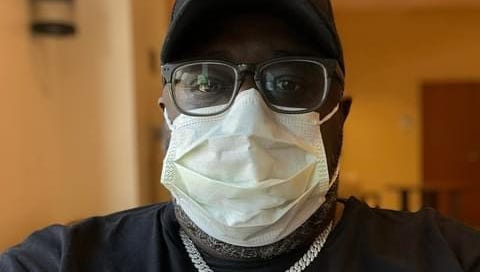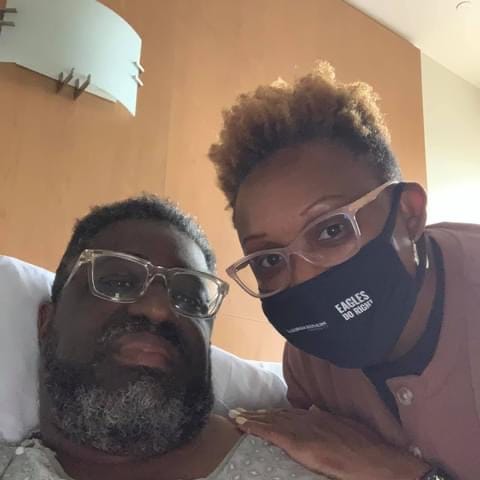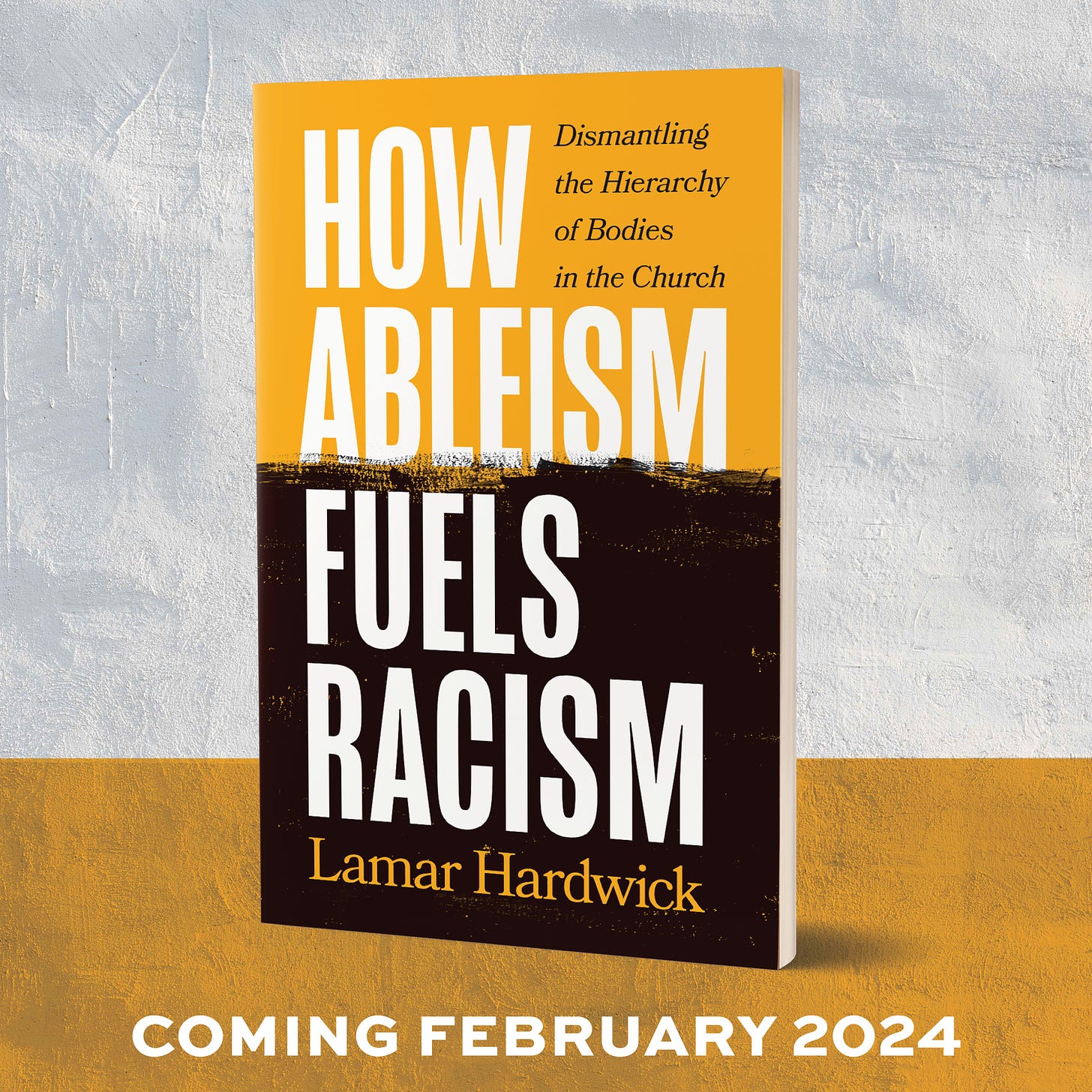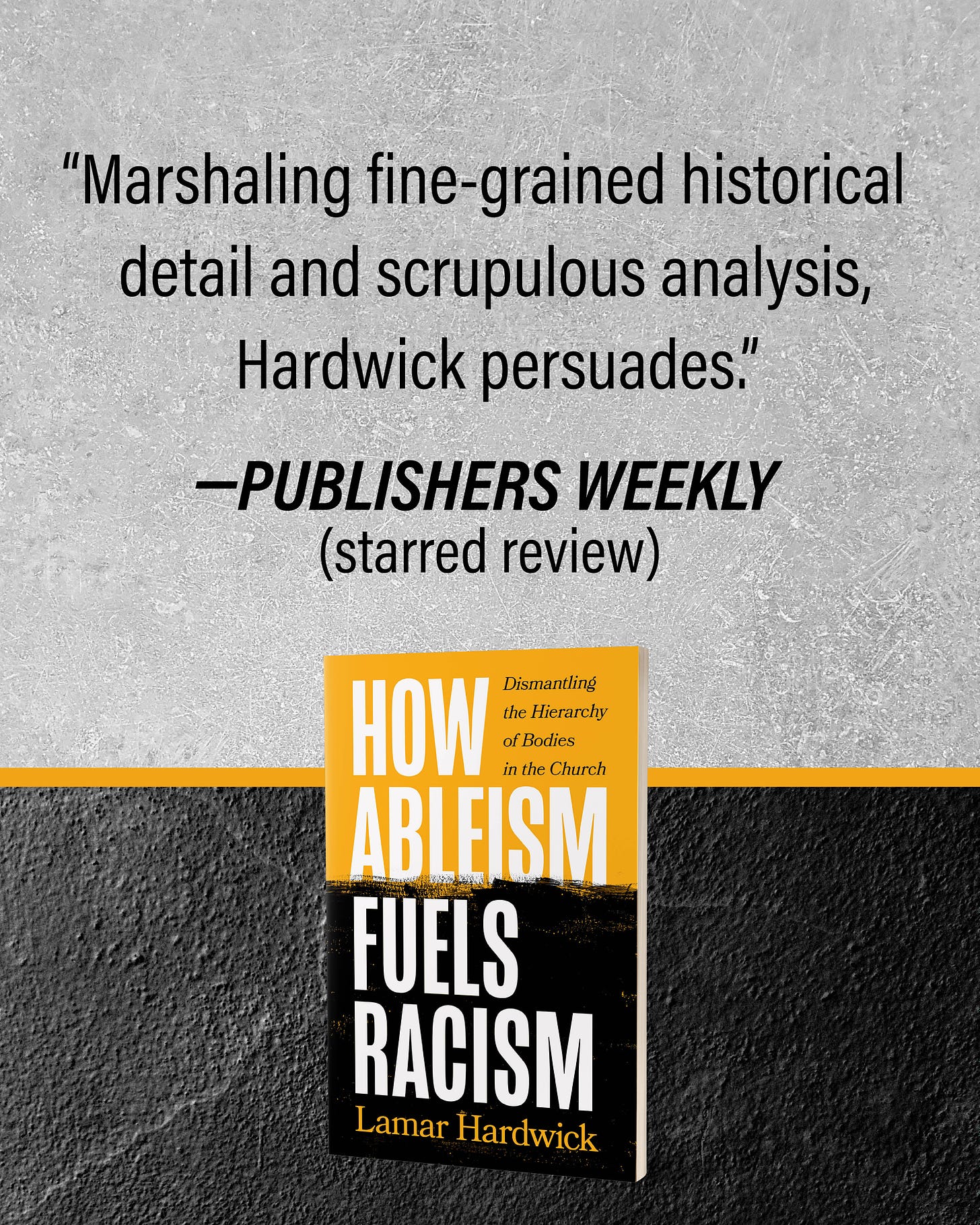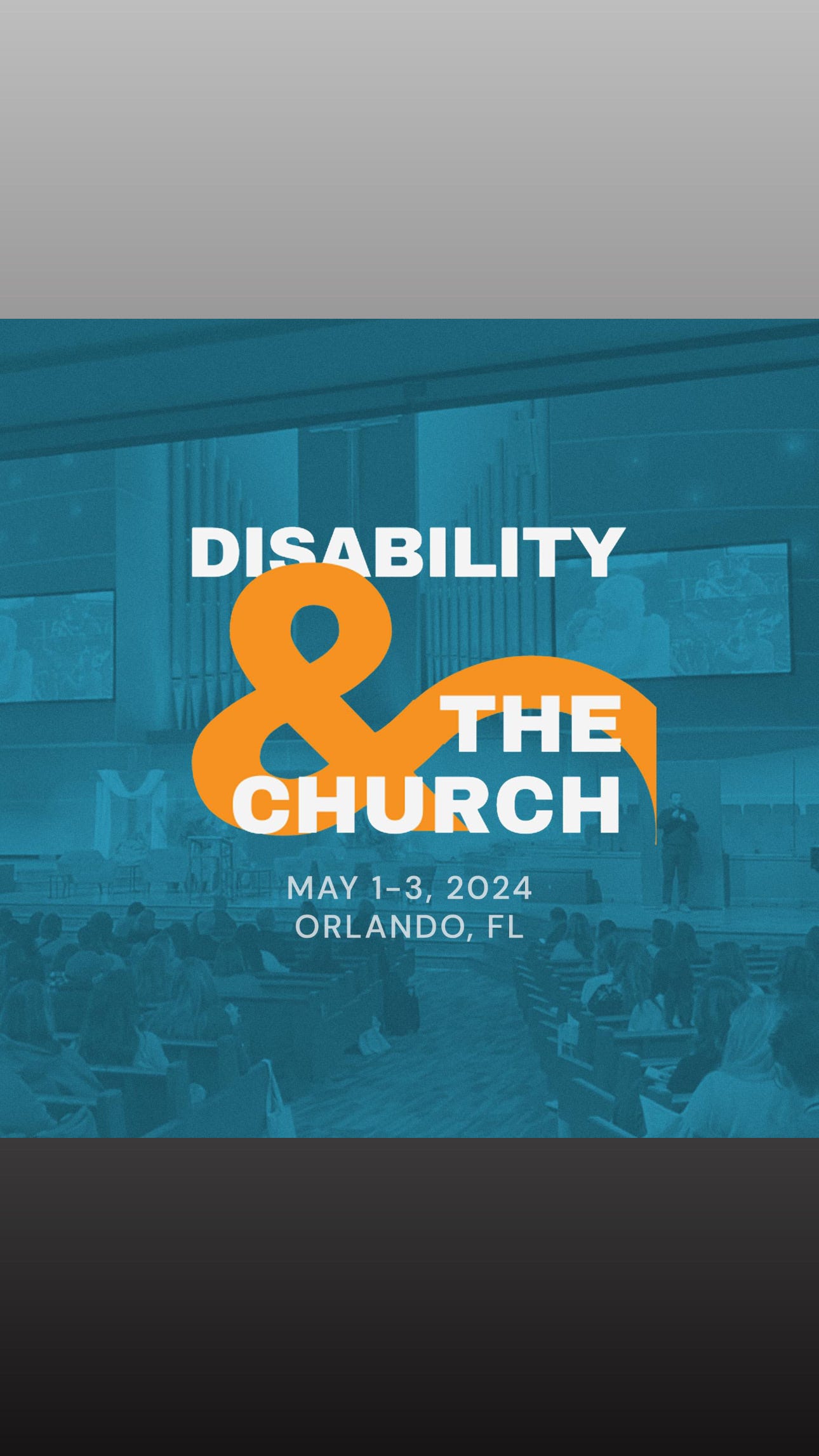About five years ago I wrote a piece about disability and healing. There are a couple different versions of that article, mainly because it appeared in various publications.
Then in 2020 I was diagnosed with cancer, which as of a year ago progressed to stage four. Below is an updated version of an older article that looks at the complicated relationship we all have with sickness and divine healing.
I believe that God is capable of anything that the Biblical text describes as an attribute of God. I often encourage people to engage in the critical questions of God’s role in human suffering including super natural healing. Yet I am afraid that in our humanity we often cling tightly to ideas presented in the Biblical text that are not incorrect but are often times incomplete.
One of my favorite expressions of the Christian faith is found in the Westminster Shorter Catechism.
Question: What is the chief end of man?
Answer: Man’s chief end is to glorify God, and to enjoy him forever.
For me what that means is that any and all of God’s ability, including divine healing, serves only one purpose. The glorification of God. To the same end however if the chief purpose is for God to be the recipient of glory than God fully reserves the right and authority to use any vehicle necessary to achieve humanities chief end including the presence of disability.
Simply put, Jesus did not heal everyone therefore healing has to be evaluated as but only one tool that God uses to expose the world to his glory. A study of the ministry of Jesus will show that the majority of his miracles, particularly the healing of the disabled, occurred in the early stages of his ministry. Often times the primary goal was to establish a means for those persons to re-enter the community that had isolated them because of their disability.
The apostle Paul is one of the most well-known examples of God’s decision not to heal him of his “thorn” with the purpose of allowing Paul’s “weakness” to serve as the platform for God’s strength.
In the story of the four men who brought a lame man to Jesus, Jesus first response to the faith they placed in him was to offer the man entrance to the great community of faith through the forgiveness of his sins. It was only after those present questioned his authority to forgive sins did Jesus heal the man to “prove that he had the authority to forgive sins.”
What complicates our connection to the ministry of healing is our basic human assumptions about suffering, God’s role in suffering, and our rights as it pertains to suffering.
I believe that we have four basic assumptions that complicate our understanding of suffering.
1. Good people live and get good things.
2. Bad people live and get bad things.
3. Good and bad cannot co-exist.
4. If God exists and God is good then bad should not exist if God exists in us.
A few years ago the Barna Research group conducted a study. In it they asked a variety of people what one question they would ask God if they knew that God had to answer their question.
The top response, when categorized, was a question that related to the issue of human suffering. “Why is there pain and suffering in the world?”
Whether you are a follower of Christ or not, we all at some point have asked this question is some variation.
While I am not completely equating disabilities or chronic illness with suffering I am suggesting that the most human perspective of disability is one of a life of suffering either for the individual with a disability or the family or caregivers of those persons.
Dr. Peter John Kreft makes an insightful observation about our often limited perspective of suffering. He writes “..most objections to the existence of God from the problem of suffering come from the outside observers who are quite comfortable, whereas those who actually suffer are , as often as not, made into stronger believers by their suffering.”
Here’s a question that I have been forced to wrestle with over the last few years. “If my understanding of a person’s suffering, difference, or disability comes from the outside looking suggests limited understanding then how much more of my understanding of God’s view and role in human suffering is even more limited?
Jesus once told a story about God’s kingdom and God’s view of the unrelenting role of struggle and suffering in the life of his creation.
God’s kingdom is like a farmer who planted good seed in his field. An enemy slips in at night and plants weeds. When the farmer’s employees discovered the weeds among the wheat they panicked and rushed to the farmer asking if they should tear the weeds up.
The response of the field owner suggests something about God’s view of the when and the why of fixing something that frustrates us. He tells them to allow the wheat and weeds to grow together because to uproot the weeds would damage the harvest. (Matthew 13:24-30)
This is also unfortunately true about my cancer. At this time and in this moment cancer is a part of my body. Like weeds connected to wheat, the cancer has attached itself to the healthy parts of my body. Hiding deep beneath the surface, the small cancerous cells have made themselves at home despite my bodies continued efforts to make them feel unwelcome.
When my doctors informed me that surgical intervention was no longer an option. I felt as helpless as the workers in the parable. My instinct is the same. Get rid of the weeds! Except to do so at this point is just not medically beneficial. So here we are wheat and weeds tangled together testing my faith.
But Jesus says that in his wisdom the field owner (God) knew that the wheat had a harvest within it even with the weeds entangled at the roots far beneath the surface.
What I learned is that while God is capable of healing, my chief end is to glorify God and in my case and so many others God knows that healing me will only hurt the harvest he intends to get out of me.
Perhaps that’s why Paul shares his life with us when he says that God chose not to remove his thorn even after he prayed to be healed because God, whose view of human suffering is eternal, knows why he created us. To glorify him.
“Rabbi,” his disciples asked him, “why was this man born blind? Was it because of his own sins or his parents’ sins?” It was not because of his sins or his parents’ sins,’ Jesus answered. “This happened so the power of God could be seen in him.”
Jesus didn’t just come to bring healing to earth. He came to bring heaven to earth. Some may never be healed but they will always be his.

